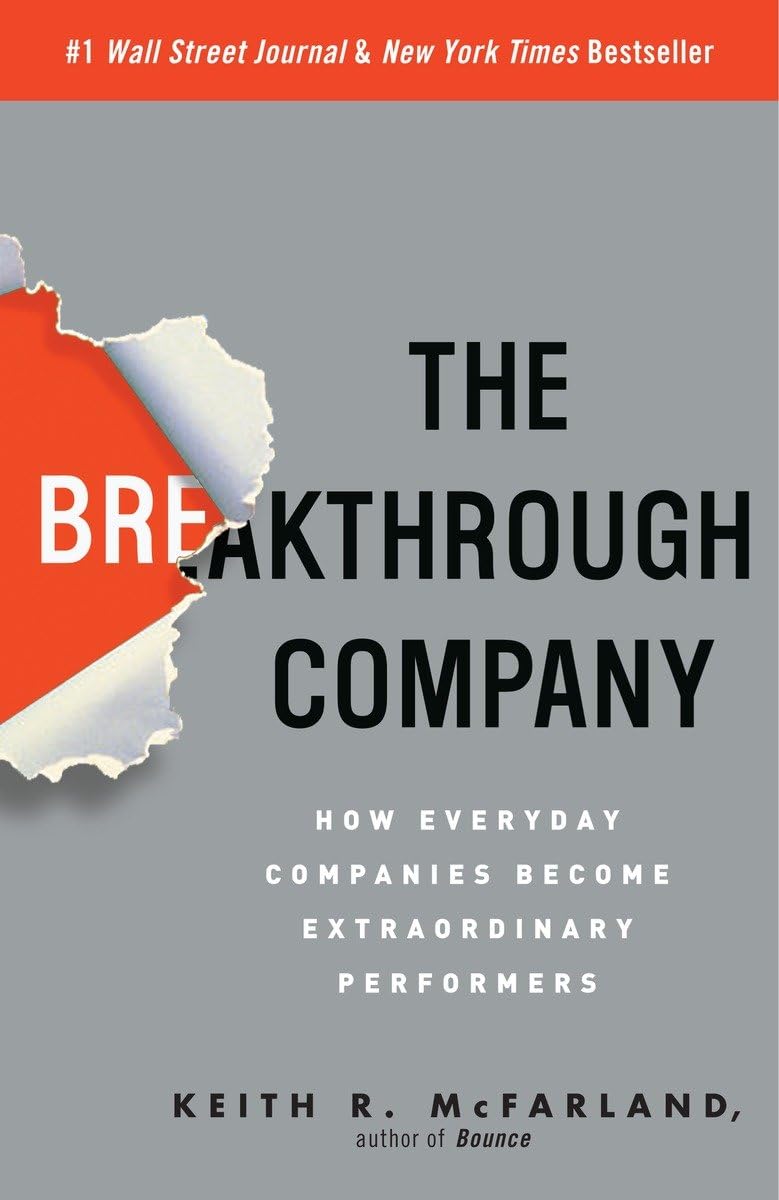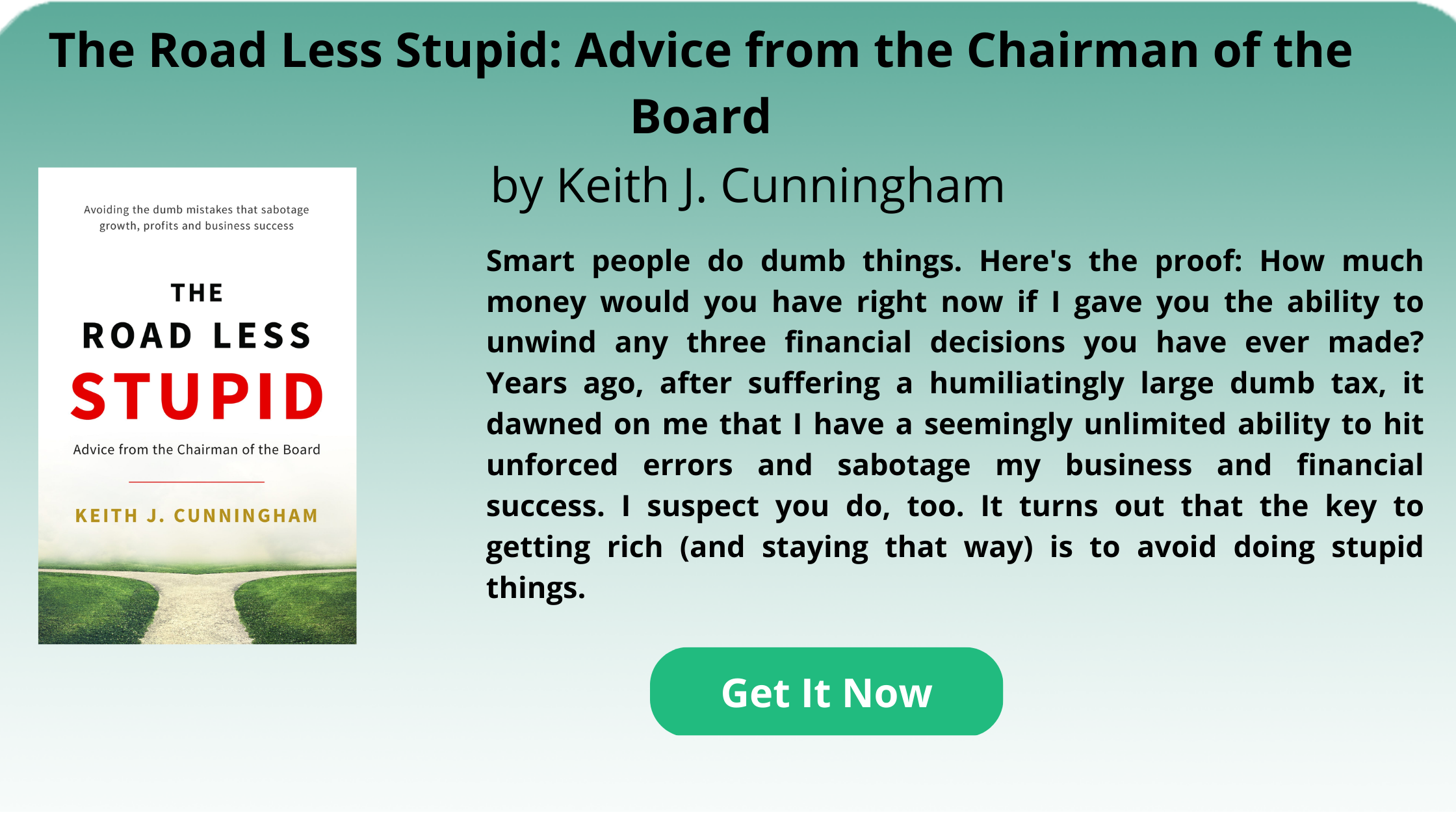For many business owners, the end of the year is not only a time for reflection on the events, accomplishments, challenges, etc., that occurred during the year, but also to gear up for the coming year. Although, it may be easier to take the time off and wait until the New Year to begin your business goals and resolutions, it can be very beneficial, from a business and personal standpoint, to finish the planning in December.
Instead of treating January as time to begin your planning, it is likely, more beneficial to begin swinging hard at what you need to accomplish for the New Year, communicate those goals to your employees and staff, and put the right resources in place to execute those goals and initiatives.
That being said, here are some thoughts and tidbits on what to consider and include in your year-end planning:
- Revisit Your Vision, Mission, and Higher Purpose. This may be an obvious place to start, but it is often passed over. Re-examining these areas is crucial. Revising, strengthening, clarifying, and aligning these three areas with your stated values, is a motivating and productive step in completing the other important planning areas for year-end.
- Establish Your Goals for Your Company, Your Employees and Yourself. Personally, this is what really gives me satisfaction going into the New Year. When your goals in all three areas are established, are written down on paper and an action plan is put into place, it can create enthusiasm for welcoming the New Year – proposing a toast on New Year’s Eve, takes on greater relevance and optimism.
What are your 1-year, 3-year, 5-year, goals, and what is your BHAG (“Big Hairy Audacious Goal”)? There are an enormous amount of tools and resources for goal setting. For your company goals, consider utilizing tools such as the “Scorecard” within the book titled: “Traction”, or other tools such as the “Balanced Scorecard” system. Although, “Traction” has become very well-known and utilized, and is one of the more handy books for the business owner that I’ve read.
For goals in general, make sure that they are “specific, measurable, achievable, and compatible with your stated values, vision, and mission statement. This applies to both your business and personal goals. Set personal goals that will really motivate you.
In the book, “CEO Tools”, author Kraig Krammers, suggests establishing the “Harley Hot button.” This refers to you considering what your dreams are. Something you long for but either can’t afford or can’t bring yourself to spend the money for it. Whether it’s a trip to Europe, a hot tub on the back patio, a Harley Davidson, or in my case another prized guitar, it needs to be something that fulfills a long held desire. The point is, if you really want to motivate yourself or other people, identify those dreams and determine a way to fulfill them. When you do, there is nothing you or they can’t accomplish.
Goal setting is a topic that can be discussed at great length. But it is critical and can be very beneficial to set them before the end of the year.
- Set Goals for Your Employees. Though it was previously mentioned, take some time to set expectations for your employees from a positive perspective for growth. What should they master, what should they strive to achieve in the coming year, and set a time to meet with them to discuss. They should also have an idea of what they would like to accomplish as well.
- Plan to Learn Something New. This is within the area of goal setting, but pick something new that you will learn and master in the coming year. An important facet in bringing yourself happiness in life is the continuation of the learning process, and learning and mastering something new gives you a great sense of satisfaction and accomplishment.
- Analyze Your Client Base and Your Market. Needless to say you probably have done this many times before, but do it again. Who are your clients, what do they have in common, what are their needs, and what are some ways that you can improve the service that you deliver to them? What is your client niche? All of this is critical to explore, and why not make it a point to do it at the end of every year.
- Analyze Your Competition. Time to visit who your real competition is, what are their strengths and weaknesses, and what does your firm offer that no one else does? Again, why not make it a point to complete this at every year-end. There are handy consultants out there that help you do this, if you do not have the time.
- Consider When You Want to Exit Your Business. This is very important, and if you haven’t already done so, do it. Planning your Exit, is probably the single most important decision you will make as a business owner. Planning your exit takes time (usually three to five years), there is a lot to consider and act on to plan correctly, and you only get one shot at it. Feel free to email me if you would like to receive a diagram that illustrates a very useful “exit planning” process. But make it a point to think about this during your year-end planning. Besides, a way good way to look at it is, the only reason to build a business is to sell it. Most of your wealth is likely wrapped up in it too.
- Learn a New Management System. Again, I refer to the book “Traction”, or a system such as the “Balanced Scorecard”. But determine a system you will take on to improve your operations and/or revenue and profitability.
- Form or Join a Mastermind Group. This would be a “best practices group”, an established organization such as Vistage, or a confidant – Someone that can review your goals with you and hold you accountable. This is something I enjoy doing for my business owner clients. But also, an established CEO group is also very useful.
- Plan Your Annual Retreat and Announce It to Your Organization. This is a great motivator for you and your staff going into the New Year. It will give you clarity for the New Year, and help motivate you to hit the ground running in January.
There are other things you can consider addressing before the end of the year. It comes down to the things that will make you most productive and motivated going into the first of the year and beyond. The things to have addressed and action items stated, that will help assure a productive first quarter and New Year. But why not make it a practice to reinvent your business and yourself before the New Year Holiday.
Merry Christmas, Happy Holidays, and I wish you a happy and prosperous New Year. Go make it happen!
Steven E. Zeller, CFP®, CExP®, AIF®
Steve Zeller

Steven E. Zeller
Steven Zeller is a CERTIFIED FINANCIAL PLANNER™ professional, Accredited Investment Fiduciary®, Certified Exit Planner, practicing Wealth Advisor, and serves clients nationwide. He has over 24 years of experience within his profession. READ MORE
What Steve Writes About

I write about the latest thoughts and topics that impact high net worth families, individuals, and business owners. The building and sustainability of family wealth and a business is an exciting journey, and I have a passion to help them along the way to grow and thrive.
The latest book that Steve is reading. He reads, all he can, material relevant to the high net worth family and business owners, so that he may pass it onto his readers.




Connect With Steve